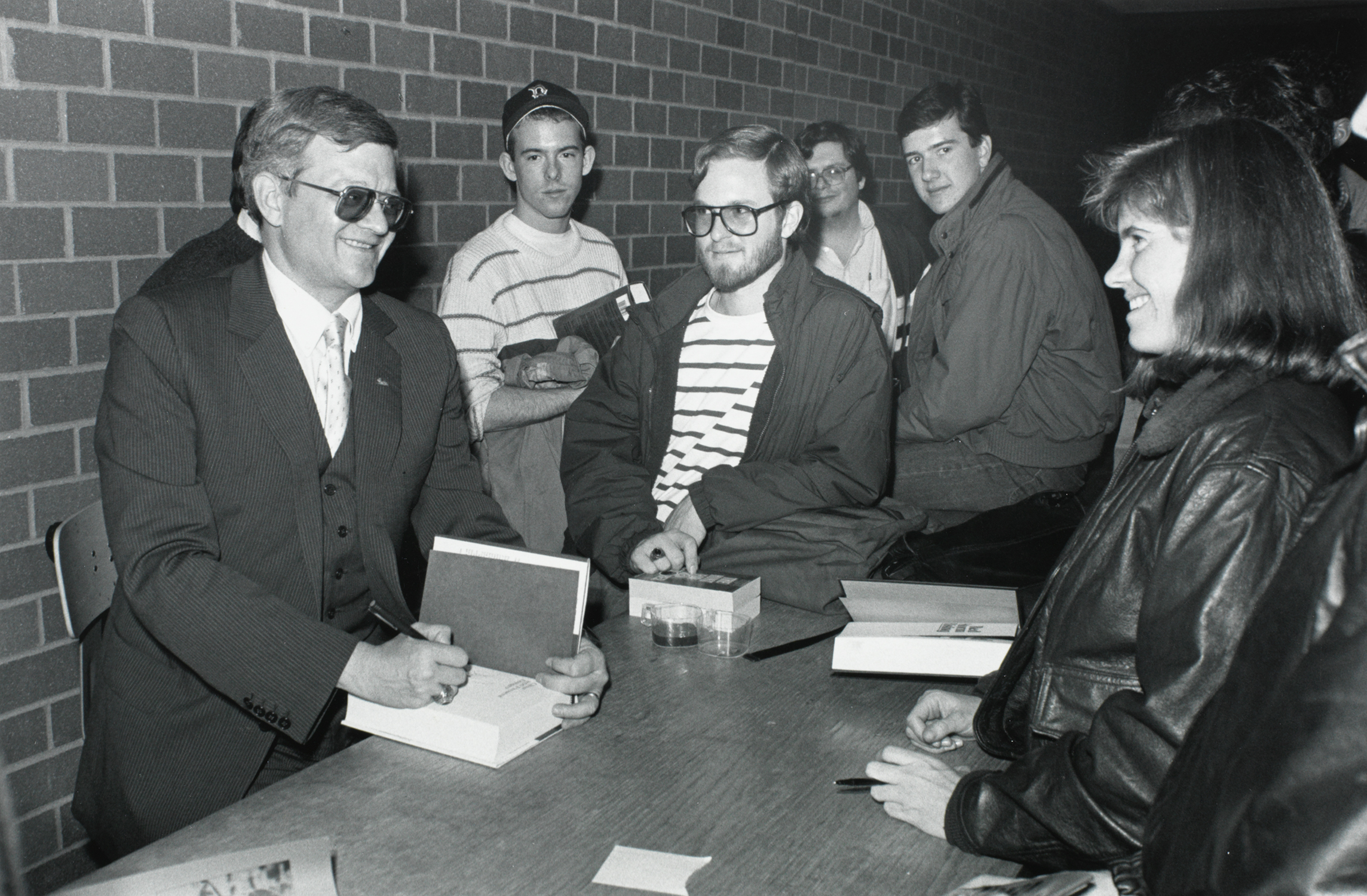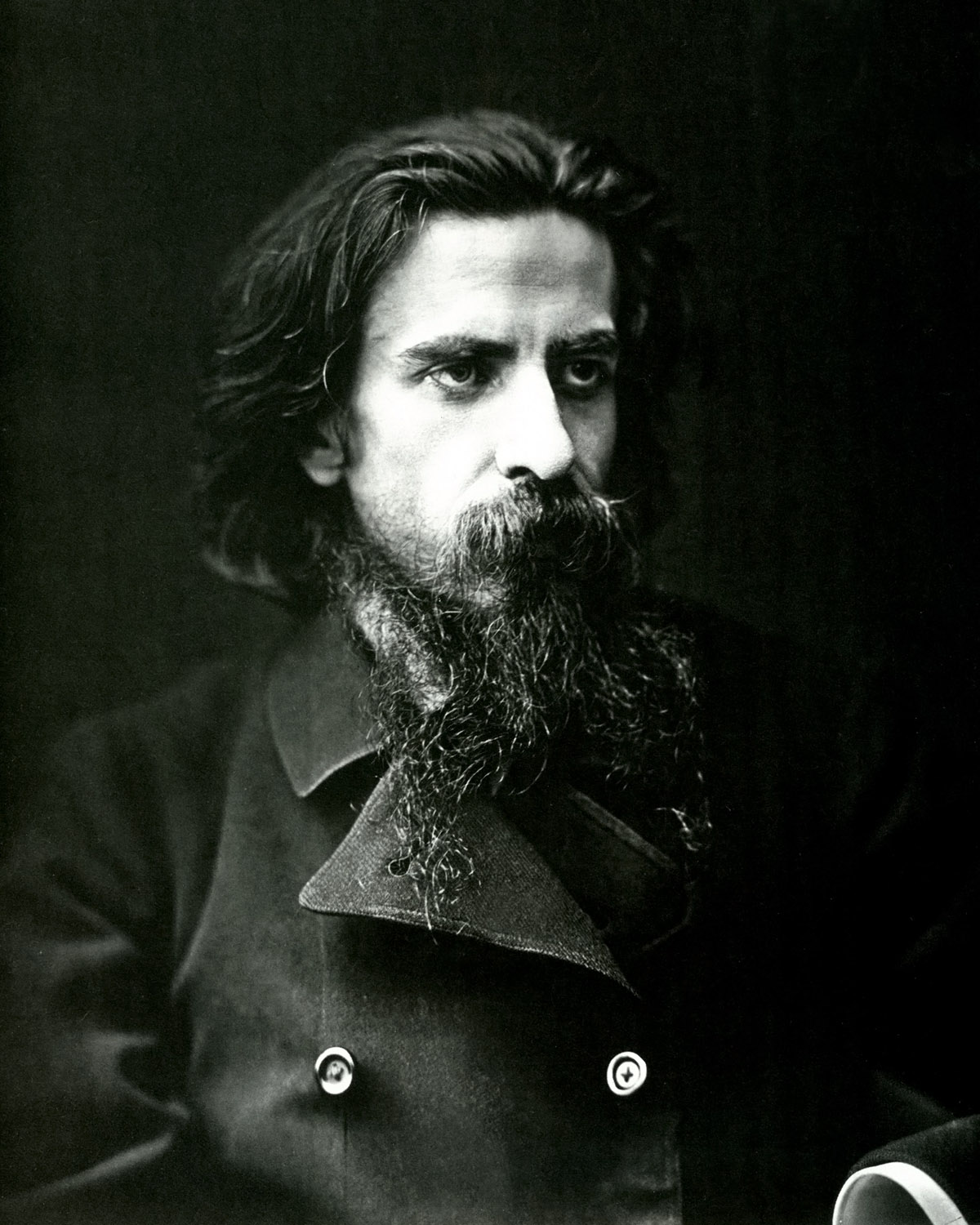|
T (novel)
''t '' is a novel by Victor Pelevin first published in 2009. The novel recounts the journey of the martial arts master Count T. (a reference to Leo Tolstoy), who escapes from his home persecuted by the tsarist police and makes his way to the Optina Monastery, which in the context of this novel takes on the features not of the famous monastery of Orthodoxy, but of some Shambhala, or some obscure place of spiritual enlightenment that exists in the real world. The leitmotif of this novel-metaphor is the relationship between author and hero, creator and creature, predestination and free will. Plot The main hero of the book, Count T., also known as Iron Beard, is a menace of villains and a favorite of the capital's "yellow" press, an adventurer and bon vivant, an expert in cross-dressing, a master of martial arts "naznas" (or "non-resistance to evil by violence"), a good shooter an excellent thrower of knives and other sharpened objects. The action of the novel begins in the earl ... [...More Info...] [...Related Items...] OR: [Wikipedia] [Google] [Baidu] |
Victor Pelevin
Victor Olegovich Pelevin ( rus, Виктор Олегович Пелевин, p=ˈvʲiktər ɐˈlʲɛɡəvʲɪtɕ pʲɪˈlʲevʲɪn; born 22 November 1962) is a Russian fiction writer. His novels include ''Omon Ra'' (1992), ''The Life of Insects'' (1993), ''Chapayev and Void'' (1996), and '' Generation P'' (1999). He is a laureate of multiple literary awards including the Russian Little Booker Prize (1993) and the Russian National Bestseller (2004), the former for the short story collection '' The Blue Lantern'' (1991). His books are multi-layered postmodernist texts fusing elements of pop culture and esoteric philosophies while carrying conventions of the science fiction genre. Some critics relate his prose to the New Sincerity literary movement. Biography Victor Olegovich Pelevin was born in Moscow on 22 November 1962 to Zinaida Semenovna Efremova, an English teacher, and Oleg Anatolyevich Pelevin, a teacher at the military department of Bauman University. He lived on Tver ... [...More Info...] [...Related Items...] OR: [Wikipedia] [Google] [Baidu] |
Ghostwriter
A ghostwriter is hired to write literary or journalistic works, speeches, or other texts that are officially credited to another person as the author. Celebrities, executives, participants in timely news stories, and political leaders often hire ghostwriters to draft or edit autobiographies, memoirs, magazine articles, or other written material. Memoir ghostwriters often pride themselves in "disappearing" when impersonating others since such disappearance signals the quality of their craftsmanship. In music, ghostwriters are often used to write songs, lyrics, and instrumental pieces. Screenplay authors can also use ghostwriters to either edit or rewrite their scripts to improve them. Usually, there is a confidentiality clause in the contract between the ghostwriter and the credited author that obligates the former to remain anonymous. Sometimes the ghostwriter is acknowledged by the author or publisher for their writing services, euphemistically called a "researcher" or "resea ... [...More Info...] [...Related Items...] OR: [Wikipedia] [Google] [Baidu] |
Novels By Victor Pelevin
A novel is a relatively long work of narrative fiction, typically written in prose and published as a book. The present English word for a long work of prose fiction derives from the for "new", "news", or "short story of something new", itself from the la, novella, a singular noun use of the neuter plural of ''novellus'', diminutive of ''novus'', meaning "new". Some novelists, including Nathaniel Hawthorne, Herman Melville, Ann Radcliffe, John Cowper Powys, preferred the term "romance" to describe their novels. According to Margaret Doody, the novel has "a continuous and comprehensive history of about two thousand years", with its origins in the Ancient Greek and Roman novel, in Chivalric romance, and in the tradition of the Italian renaissance novella.Margaret Anne Doody''The True Story of the Novel'' New Brunswick, NJ: Rutgers University Press, 1996, rept. 1997, p. 1. Retrieved 25 April 2014. The ancient romance form was revived by Romanticism, especially th ... [...More Info...] [...Related Items...] OR: [Wikipedia] [Google] [Baidu] |
Humanism
Humanism is a philosophical stance that emphasizes the individual and social potential and agency of human beings. It considers human beings the starting point for serious moral and philosophical inquiry. The meaning of the term "humanism" has changed according to the successive intellectual movements that have identified with it. During the Italian Renaissance, ancient works inspired scholars in various Italian cities, giving rise to a movement now called Renaissance humanism. With Enlightenment, humanistic values were re-enforced by the advances in science and technology, giving confidence to humans in their exploration of the world. By the early 20th century, organizations solely dedicated to humanism flourished in Europe and the United States, and have since expanded all over the globe. In the current day, the term generally refers to a focus on human well-being and advocates for human freedom, autonomy, and progress. It views humanity as responsible for the promotio ... [...More Info...] [...Related Items...] OR: [Wikipedia] [Google] [Baidu] |
Vasily Chapayev
Vasily Ivanovich Chapayev or Chapaev (russian: link=no, Василий Иванович Чапаев; 5 September 1919) was a Russian soldier and Red Army commander during the Russian Civil War. Biography Chapayev was born into a poor peasant family in a village called Budayka, now part of Cheboksary. During World War I, he fought as a non-commissioned officer and was awarded the Cross of St. George three times. In September 1917, he joined the Russian Social Democratic Labour Party (Bolsheviks). In December he was elected commander of the 138 Infantry Regiment by a vote of the regiment's soldiers. He later commanded the 2nd Nikolaev Division and the 25th Rifle Division. On 5 September 1919, the divisional headquarters near Lbishchensk (now renamed Chapayev in his honour) were ambushed by White Army forces. According to official sources, Chapayev tried to escape by swimming across the Ural River, but was never again seen alive. "In 1919, a wounded Chapayev was shot and drow ... [...More Info...] [...Related Items...] OR: [Wikipedia] [Google] [Baidu] |
Vladimir Solovyov (philosopher)
Vladimir Sergeyevich Solovyov (russian: Влади́мир Серге́евич Соловьёв; also romanized as Soloviev; – ), a Russian philosopher, theologian, poet, pamphleteer, and literary critic, played a significant role in the development of Russian philosophy and poetry at the end of the 19th century and in the spiritual renaissance of the early-20th century. Life and work Vladimir Solovyov was born in Moscow; the son of the historian Sergey Mikhaylovich Solovyov (1820–1879); his elder brother Vsevolod (1849-1903), became a historical novelist, and his younger sister, Polyxena (1867-1924), became a poet. Vladimir Solovyov's mother Polyxena Vladimirovna belonged to a family of Polish origin and had, among her ancestors, philosopher Gregory Skovoroda (1722–1794). In his teens, he renounced Eastern Orthodoxy for nihilism, but later his disapproval of positivism saw him begin to express views that were in line with those of the Orthodox Church. From 1869 t ... [...More Info...] [...Related Items...] OR: [Wikipedia] [Google] [Baidu] |
Fyodor Dostoevsky
Fyodor Mikhailovich Dostoevsky (, ; rus, Фёдор Михайлович Достоевский, Fyódor Mikháylovich Dostoyévskiy, p=ˈfʲɵdər mʲɪˈxajləvʲɪdʑ dəstɐˈjefskʲɪj, a=ru-Dostoevsky.ogg, links=yes; 11 November 18219 February 1881), sometimes transliterated as Dostoyevsky, was a Russian novelist, short story writer, essayist and journalist. Dostoevsky's literary works explore the human condition in the troubled political, social, and spiritual atmospheres of 19th-century Russia, and engage with a variety of philosophical and religious themes. His most acclaimed novels include ''Crime and Punishment'' (1866), ''The Idiot'' (1869), ''Demons'' (1872), and ''The Brothers Karamazov'' (1880). His 1864 novella, ''Notes from Underground'', is considered to be one of the first works of existentialist literature. Numerous literary critics regard him as one of the greatest novelists in all of world literature, as many of his works are considered highly influen ... [...More Info...] [...Related Items...] OR: [Wikipedia] [Google] [Baidu] |
First-person Shooter
First-person shooter (FPS) is a sub-genre of shooter video games centered on gun and other weapon-based combat in a first-person perspective, with the player experiencing the action through the eyes of the protagonist and controlling the player character in a three-dimensional space. The genre shares common traits with other shooter games, and in turn falls under the action game genre. Since the genre's inception, advanced 3D and pseudo-3D graphics have challenged hardware development, and multiplayer gaming has been integral. The first-person shooter genre has been traced back to ''Wolfenstein 3D'' (1992), which has been credited with creating the genre's basic archetype upon which subsequent titles were based. One such title, and the progenitor of the genre's wider mainstream acceptance and popularity, was ''Doom'' (1993), often considered the most influential game in this genre; for some years, the term ''Doom'' clone was used to designate this genre due to ''Doom''s i ... [...More Info...] [...Related Items...] OR: [Wikipedia] [Google] [Baidu] |
The Gypsy Baron
''The Gypsy Baron'' () is an operetta in three acts by Johann Strauss II which premiered at the Theater an der Wien on 24 October 1885. Its German libretto by Ignaz Schnitzer is based on the unpublished 1883 story ''Saffi'' by Mór Jókai. Jokai later published a novel ''A cigánybáró'' () in 1885 using an expanded version of this same story. While an operetta, ''The Gypsy Baron'' was a departure from Strauss's earlier more comic and light hearted works; displaying more serious tones both musically and dramatically in what musicologist Andrew Lamb described as "a step in Strauss’s quest for the composition of a genuine opera". During the composer's lifetime, the operetta enjoyed great success internationally. It is considered one of Strauss's three best stage works, along with ''Die Fledermaus'' (1874) and ''Eine Nacht in Venedig'' (1883). Composition history Strauss was introduced to Jókai's story prior to its publication as a novel in Pest, Hungary in February 1883 by his ... [...More Info...] [...Related Items...] OR: [Wikipedia] [Google] [Baidu] |
Leo Tolstoy
Count Lev Nikolayevich TolstoyTolstoy pronounced his first name as , which corresponds to the romanization ''Lyov''. () (; russian: link=no, Лев Николаевич Толстой,In Tolstoy's day, his name was written as in pre-reformed Russian. ; ), usually referred to in English as Leo Tolstoy, was a Russian writer who is regarded as one of the greatest authors of all time. He received nominations for the Nobel Prize in Literature every year from 1902 to 1906 and for the Nobel Peace Prize in 1901, 1902, and 1909; the fact that he never won is a major controversy. Born to an aristocratic Russian family in 1828, Tolstoy's notable works include the novels ''War and Peace'' (1869) and ''Anna Karenina'' (1878), often cited as pinnacles of realist fiction. He first achieved literary acclaim in his twenties with his semi-autobiographical trilogy, ''Childhood'', '' Boyhood'', and ''Youth'' (1852–1856), and '' Sevastopol Sketches'' (1855), based upon his experiences in ... [...More Info...] [...Related Items...] OR: [Wikipedia] [Google] [Baidu] |
Zorro
Zorro (Spanish language, Spanish for 'fox') is a fictional character created in 1919 by American pulp magazine, pulp writer Johnston McCulley, appearing in works set in the Pueblo of Los Angeles in Alta California. He is typically portrayed as a dashing masked vigilante who defends the commoners and indigenous peoples of California against corrupt and tyrannical officials and other villains. His signature all-black costume includes a cape, a hat known as a , and a mask covering the upper half of his face. In the stories, Zorro has a high Bounty (reward), bounty on his head, but is too skilled and cunning for the bumbling authorities to catch, and he also delights in publicly humiliating them. Because of this, the townspeople started calling him ''"El Zorro"'' due to his foxlike cunning and charm. Zorro is an acrobat and an expert in various weapons, but the one he employs most frequently is his rapier, which he uses often to carve the initial "Z" on his defeated foes, and othe ... [...More Info...] [...Related Items...] OR: [Wikipedia] [Google] [Baidu] |
Superhero
A superhero or superheroine is a stock character that typically possesses ''superpowers'', abilities beyond those of ordinary people, and fits the role of the hero, typically using his or her powers to help the world become a better place, or dedicating themselves to protecting the public and fighting crime. Superhero fiction is the genre of fiction that is centered on such characters, especially, since the 1930s, in American comic books (and later in Hollywood films, film serials, television and video games), as well as in Japanese media (including kamishibai, tokusatsu, manga, anime and video games). Superheroes come from a wide array of different backgrounds and origins. Some superheroes (for example, Batman and Iron Man) derive their status from advanced technology they create and use, while others (such as Superman and Spider-Man) possess non-human or superhuman biology or study and practice magic to achieve their abilities (such as Zatanna and Doctor Strange ... [...More Info...] [...Related Items...] OR: [Wikipedia] [Google] [Baidu] |



.jpg)





